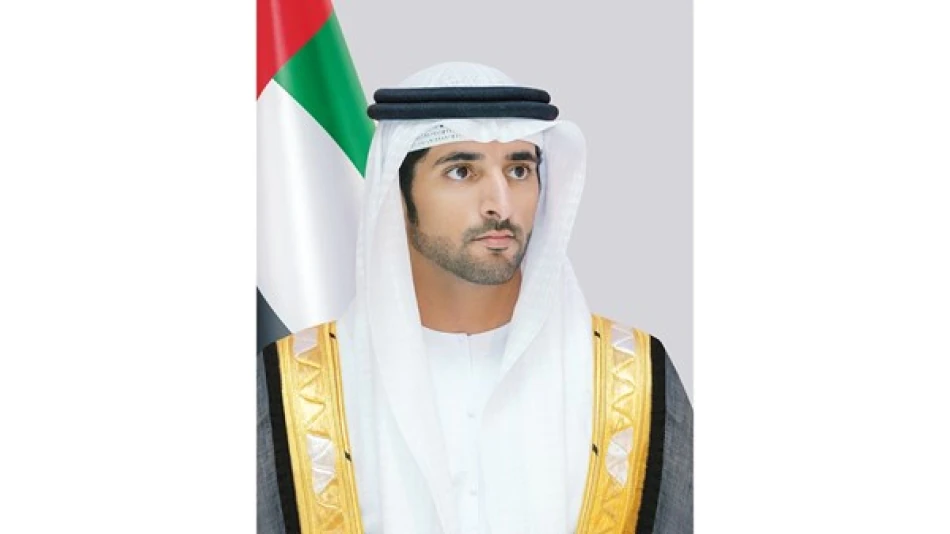
Dubai's Transformative Achievements Cement Its Role as a Global Trade Epicenter
Dubai's Economic Zones Hit Record $91 Billion in Trade, Cementing Global Hub Status
Dubai's integrated economic zones achieved a massive 19% jump in trade volume to 336 billion dirhams ($91.5 billion) in 2024, marking their fourth consecutive year of growth and accounting for nearly 14% of the emirate's non-oil trade. The surge positions Dubai closer to its ambitious goal of becoming one of the world's top three economic cities by 2033.
The Numbers Tell a Growth Story
The Dubai Integrated Economic Zones Authority (DIEZ) oversees three major zones: Dubai Airport Free Zone, Dubai Silicon Oasis, and Dubai CommerCity. Together, they processed 444,300 tons of goods last year - a 28% increase from 2023's 346,700 tons.
Sheikh Hamdan bin Mohammed bin Rashid Al Maktoum, Crown Prince of Dubai, said the performance proves Dubai's ability to turn challenges into opportunities. He pointed to the zones as a key driver for Dubai's D33 economic agenda, which aims to double the economy's size by 2033.
Two Sectors Drive Most Growth
Machinery, equipment, and electrical goods dominated trade flows, capturing 72% of total volume with 17% growth. But the real standout was precious stones, metals, and jewelry, which surged 33% and now represents 22% of all trade. These two categories combined make up 94% of DIEZ's total trade.
This concentration makes sense given Dubai's established role as a global gold and jewelry trading center, plus its position as a tech and logistics hub connecting Asia, Europe, and Africa.
Regional Competition Heats Up
Dubai's success comes as Gulf neighbors ramp up their own economic diversification efforts. Saudi Arabia's NEOM project and Qatar's logistics expansion create new competition for trade flows. But Dubai's 20-year head start in building free zones and business-friendly policies gives it clear advantages.
The emirate processed these record volumes while global trade faced headwinds from geopolitical tensions and supply chain disruptions. This resilience suggests Dubai's infrastructure and strategic location continue attracting businesses looking for stable alternatives to traditional routes.
What This Means for Investors
The consistent growth across four years signals Dubai has built sustainable momentum, not just benefited from one-time factors. For international companies, the zones offer 100% foreign ownership, zero corporate taxes, and streamlined customs procedures.
Dr. Mohammed Al Zarooni, DIEZ's CEO, emphasized how the integrated approach across the three zones creates efficiency gains that boost supply chain performance. This operational advantage helps explain why trade volumes keep growing even when global conditions get tougher.
The Bigger Picture
Dubai's economic zones represent more than just impressive trade numbers. They show how a city-state can build competitive advantages through smart policy, infrastructure investment, and geographic positioning. The 13.7% contribution to Dubai's non-oil trade also demonstrates real economic diversification away from energy dependence.
With global trade patterns shifting due to nearshoring trends and changing geopolitical relationships, Dubai's neutral stance and business-first approach position it well for continued growth. The question isn't whether Dubai will keep expanding its trade volumes, but how quickly it can reach that top-three global ranking it's targeting.
Most Viewed News

 Layla Al Mansoori
Layla Al Mansoori






